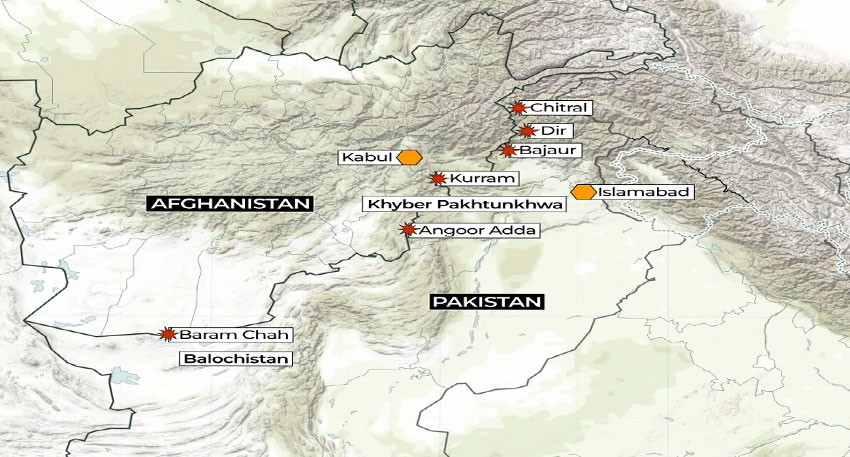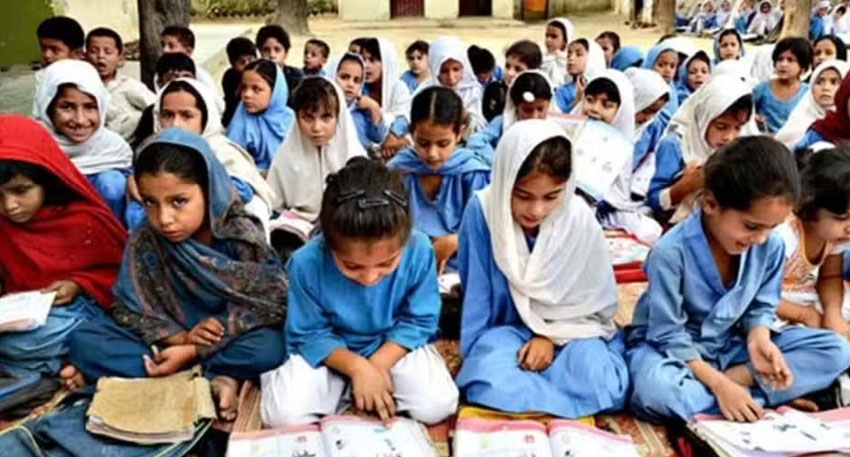
The Afghanistan Cricket Board (ACB) announced late Friday its withdrawal from the upcoming T20I tri-nation series in Pakistan, citing the alleged killing of three Afghan cricketers in a cross-border airstrike reportedly conducted by Islamabad.
According to the ACB, the players — identified as Kabeer, Sibghatullah, and Haroon — were killed alongside five other civilians from Urgun district in Afghanistan’s Paktika province. The board stated the victims had travelled to Sharana to participate in a friendly cricket match when the alleged strike occurred. An additional seven individuals were injured.
"The ACB considers this a devastating loss for Afghanistan’s sports community and the broader cricketing fraternity," the board said in a statement posted on X (formerly Twitter). In light of the incident, it declared its immediate withdrawal from the tri-nation series scheduled to be held in Pakistan from November 17 to 29, which also included Sri Lanka.
While Pakistan s government and military have yet to issue an official response, security sources claimed that the strikes were precision operations targeting militant hideouts of the outlawed Hafiz Gul Bahadur group in the Angoor Adda region and Paktika’s Urgun and Barmal districts. The strikes reportedly followed a deadly militant assault on a military facility in North Waziristan.
Afghanistan’s star spinner Rashid Khan publicly supported the ACB’s decision, expressing solidarity with the deceased players and their families.
The development marks a sharp deterioration in Pakistan-Afghanistan sporting relations amid rising geopolitical tensions and ongoing border instability.
Pak-Afghan Feud
Tensions between Pakistan and Afghanistan have escalated sharply amid renewed cross‑border clashes, deepening an already fraught security and humanitarian situation. Pakistani provinces such as Khyber Pakhtunkhwa and Balochistan have witnessed a surge in militant attacks since the collapse of the ceasefire with the outlawed Tehreek‑e‑Taliban Pakistan (TTP) in 2022 — most of which have targeted police, security forces and other frontline personnel.
Islamabad has repeatedly accused Afghan soil of being used as a launch pad for these attacks, pressing Kabul to act forcefully against militant sanctuaries. Kabul, however, has alternated between vehement denials of state support for militancy, assurances of cooperation, and urging Pakistan to negotiate with the TTP — responses that have failed to ease the security burden. On October 11, border skirmishes along the Durand Line saw intensified exchanges of fire; Pakistan’s military reported the martyrdom of 23 soldiers and claimed to have eliminated around 200 militants, while Afghan forces described their own strike as retaliatory against alleged Pakistani air‑strikes.

Following the fighting, a temporary 48‑hour cease‑fire was announced, with Pakistan’s Foreign Office noting it was implemented at the Taliban’s request and with mutual consent. Yet the break was short‑lived: Pakistani artillery and air units struck multiple Afghan border posts, reportedly targeting TTP and allied hideouts in Helmand, Kandahar, Khost, Paktia and Paktika provinces. Prime Minister Shehbaz Sharif has also taken a firm diplomatic posture, publicly declaring that Afghanistan must “choose between Pakistan and the TTP,” emphasising that talks and negotiations cannot circumvent the red line of militant support.
Beyond strategic and military dimensions, the human cost is mounting: families living in border districts face disrupted lives, displaced from their homes, living in fear of sudden attacks or cross‑border fire. Markets are shuttered, children’s education disrupted, and civilians caught between artillery salvos and drone strikes. The coming days will be crucial — planned talks in Doha could determine whether diplomacy can outpace escalation, or whether the border region remains trapped in a cycle of violence with few winners and many casualties.
India’s favourite
India’s recent diplomatic outreach to the Taliban, marked by Afghan Foreign Minister Amir Khan Muttaqi’s high-level visit to New Delhi in October 2025, reflects a significant recalibration of India’s regional strategy. Long wary of the Taliban due to its historical alignment with Pakistan’s intelligence apparatus, New Delhi appears to be shedding ideological hesitations in favour of pragmatic engagement.
During meetings with Indian Foreign Minister S. Jaishankar, India announced plans to reopen its embassy in Kabul, expand humanitarian aid, and resume stalled development projects. The joint statement between the two sides emphasized regular engagement, investment in Afghanistan’s mining sector, and strengthened commercial ties.
India’s decision is driven by evolving ground realities: deteriorating Pakistan-Afghanistan relations, regional instability, and the Taliban’s growing need for international legitimacy. Analysts believe India aims to counterbalance Pakistani and Chinese influence in Kabul, safeguard its strategic interests, and regain its historically strong soft power in Afghanistan — built through education, healthcare, infrastructure, and trade.
New Delhi is also responding to gestures from Kabul. The Taliban condemned the April 2025 Pahalgam attack in Indian-administered Kashmir, a move welcomed by the Indian government. In return, India has allowed the Taliban to quietly take control of Afghan consulates in Mumbai and Hyderabad.
While India has not formally recognised the Taliban government, the Modi administration appears willing to engage on functional grounds. The Taliban’s invitation to Indian companies and their pledge not to allow Afghan soil to be used against Indian interests mark a diplomatic opening India cannot afford to ignore.
Also Read: Israel genocide case in ICJ will continue despite Gaza ceasefire, says South Africa
The so called strategic move made by India is throughout criticized even by Indian people , while India may call it strategic or big diplomatic win against Pakistan the action is a clear message by hindu nationalist prime minister Modi that India acknowledges the Taliban regime so does the extremist propaganda by offering Taliban humanitarian assistance.




